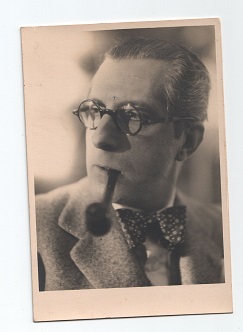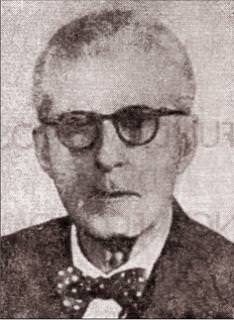About
I can distinctly remember the cloudy February day when I first read Faustino Ballvé’s Essentials of Economics. I had been brought up with a working understanding of economics, but Ballvé’s book made the discipline click with me even more than a college microeconomics course had. It’s an easy book, one which an interested layman can read in a weekend, and which will benefit her for the rest of her life. Divided into ten lessons on everything from The Market to What Economics is Not About, Essentials of Economics is the perfect primer on the Austrian school of pure economics. The Austrian school is built on the idea that economics should be a discipline distinct from history and statistics—focusing instead on the laws which govern human action and the inescapable consequences of that action. While unorthodox in the modern age, this approach to studying the world makes economics a discipline not just for the professional and the academic, but for every citizen to understand.
While it is technically out-of-print, physical editions of this text are still being distributed by the Ludwig von Mises Institute, which also distributes this book in a proper ebook format. Working independently, I have put together this digital edition to help revive interest in this forgotten classic, and to provide a helpful resource on the essentials of economics in an easily-accessible form for all people—in the spirit of Ballvé’s original work.
Below I have reconstructed a biography of the author as best I can from the prefatory material to this book, as well as from various sources I could conjure up from the depths of the web, both in English and Catalan. Though sadly very little about him is now known, Faustino Ballvé remains one of the most interesting intellectual figures I am aware of.
At various times a lawyer, politician, refugee, and professor, Faustino Ballvé Pallicer lived a life unparalleled by any in his field. He was born in 1887 in Barcelona, and would play an integral part in shaping the politics of his native Catalonia up through the end of the Spanish Civil War. He studied law at the University of Barcelona, earned his doctorate at the University of Madrid, and then went on to study in Berlin and London, where he began to specialize in the field of economics. When he returned, he worked as a lawyer at the German consulate in Barcelona.
Politics was a keen interest in Ballvé’s life, who had been the editor of a republican paper as a young adult. In 1925, he helped found a Catalan republican party which would later join with the Radical Socialists to become the Catalan wing of Manuel Azaña’s Republican Left in 1935. Acting as a leader of the Catalan Republican Left and as a member of the Spanish Court of Deputies representing Barcelona City, Ballvé was a key player in Spanish politics at the onset of the Civil War in 1936. But when Azaña’s Republicans lost the war and the Nationalists came to power, he fled the country. He went first to France, the destination of many of his fellow political refugees, and finally arrived in Mexico in 1942 aboard the refugee ship Nyassa. In addition to his legal practice in Mexico City, Ballvé took on two professorships—one in economics at the Mexico Institute of Technology, and the other in law at the National Autonomous University of Mexico. He died in 1958.

It is perhaps most remarkable that a man who spent his forties fighting alongside socialists and anarchists against fascist counter-revolutionaries in Spain would become known in Europe and America as an exponent of free market economics. Yet such was the rich depth of Ballvé’s life and work. In 1942, Austrian economist Ludwig von Mises visited Mexico City to deliver a series of lectures on the economic problems which faced the country. Ballvé’s acquaintance with Mises during that time led to a long-lasting correspondence and friendship between the two scholars. In 1956, Ballvé published the book that would become his legacy—Diez lecciones de economía, which we know in the United States as Essentials of Economics.

A comprehensive survey of economic history, theory, and application in only one hundred pages, Ballvé’s book became an instant hit. Within a year it had been translated into French by Raoul Audouin, with numerous emendations and expansions which were approved of by Ballvé himself. In America, Arthur Goddard’s English translation (which made use of many of the French additions) was funded by Harold W. Luhnow and the William Volker Fund, and was promoted by Leonard Reed and the Foundation for Economic Education. Although largely forgotten today, Ballvé’s work remains a remarkably relevant and accessible primer on economics which all would do well to read, and a testament to the similarly remarkable life and times of its unusual author.
Jack VanDrunen